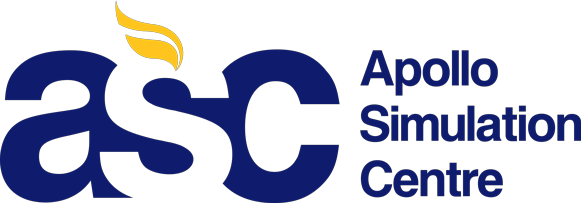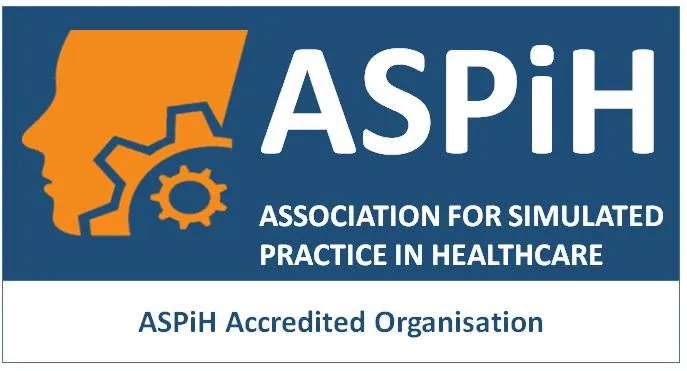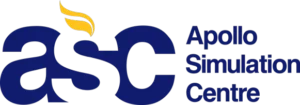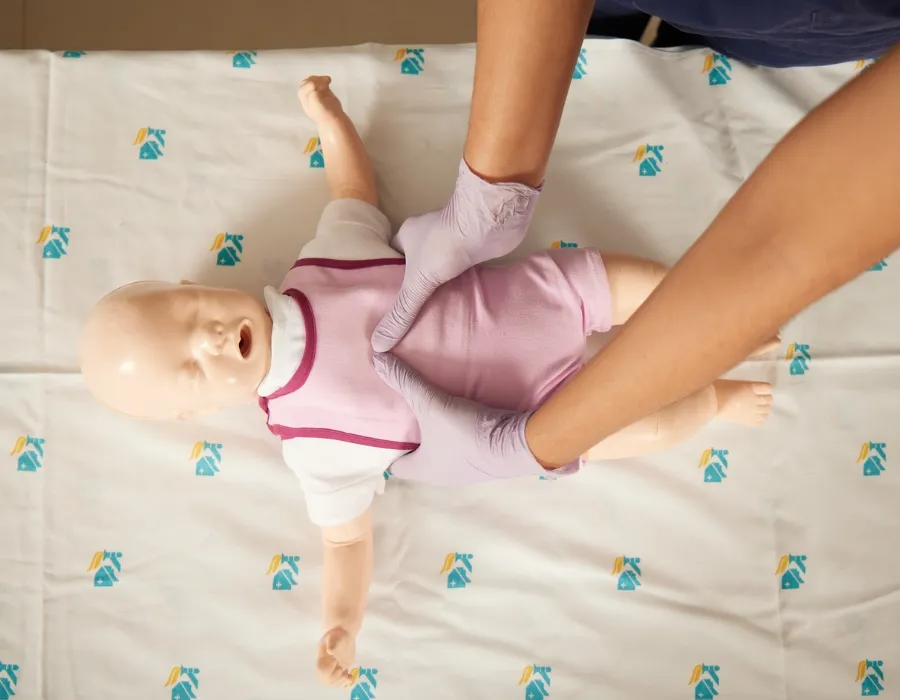
- Paediatric Assessment:Quickly and thoroughly assess paediatric patients in cardiac arrest or other life-threatening situations.
- Resuscitation Techniques:Perform high-quality pediatric CPR, including chest compressions, airway management, and ventilation devices.
- Medication Administration:Administer paediatric emergency medications, understanding dosages, routes, and indications.
- Advanced Skills:Master advanced pediatric life support techniques, including intraosseous access, defibrillation, and arrhythmia management.
- Team Dynamics:Foster effective communication and teamwork in pediatric resuscitation to ensure optimal patient outcomes.
Course Description
Paediatric Advanced Life Support (PALS) is designed to equip healthcare providers with the knowledge and skills to manage critically ill or injured pediatric patients. Participants will learn to rapidly assess pediatric patients, initiate resuscitation, and provide advanced life support interventions. Key components include high-quality CPR, airway management, emergency medication administration (e.g., epinephrine, amiodarone), and the use of advanced techniques such as intraosseous access and defibrillation. The course also emphasises the importance of effective teamwork and communication in pediatric resuscitation to ensure coordinated, optimal care for young patients in critical situations.
New Batch Starts on
Contact Us
Course Duration:
2 Days
 Priority for Hands-on practice and skill training
Priority for Hands-on practice and skill training Clear concepts
Clear concepts Team Training
Team Training
Curriculum
Knowledge
Reading Material
Pre Course Work and Assessment
- PALS precourse work involves student, reviewing course content of AHA through online videos
- Released 15 days – 1 month prior to contact course
Skills
2-day contact program
Assessment
- Self – assessment is mandatory before contact course.
- Assessment will be done during the contact course.
- BLS certification is mandatory before applying for PALS course.
Sample Agenda for PALS Traditional Course
18 Students, 3 PALS Instructors
Approximately 17 hours 30 minutes with breaks
| Day 1 | ||||
| 8:00-8:05 Course Introduction
8:05-8:10 Lesson 1: Course Overview 8:10-8:20 Lesson 2: Science of Pediatric Resuscitation 8:20-8:45 Lesson 3A: Child High-Quality BLS Practice 8:45-9:10 Lesson 3B: Infant High-Quality BLS Practice 9:10-9:40 Lesson 4: CPR Coach and High-Performance Teams 9:40-9:50 Break |
||||
| Divide class into 2 groups | Lessons 5A and 5B: BLS Testing Stations: Child and Infant High-Quality BLS Tests* | Lessons 6A and 6B: Overview of Systematic Approach; Secondary Assessment | ||
| 9:50-10:50 | Group A | Group B | ||
| 10:50-11:50 | Group B | Group A | ||
| 11:50-12:20 Lunch | ||||
| Divide class into 3 groups | Lessons 7A-7C: Management of Respiratory Emergencies; Respiratory Video Case Discussions; Learning Station: Airway Management | Lessons 8A-8C: Management of Shock Emergencies; Shock Video Case Discussions; Learning Station: Vascular Access | Lessons 9A-9C: Management of Arrhythmia Emergencies; Arrhythmia Video Case Discussions; Learning Station: Rhythm Disturbances/ Electrical Therapy | |
| 12:20-1:20 | Group A | Group B | Group C | |
| 1:20-2:20 | Group B | Group C | Group A | |
| 2:20-2:30 Break | ||||
| 2:30-3:30 | Group C | Group A | Group B | |
| 3:30-3:45 Lesson 10: Management of Post–Cardiac Arrest Care
3:45-4:05 Lesson 11: Learning Station: Coping With Death (Optional) 4:05-4:15 End-of-Day Debriefing |
||||
| Day 2 | |
| 8:00-8:10 Recap | |
| Divide class into 3 groups | Lesson 12: Case Scenario Practice With Simulations |
| 8:10-10:40 6 case scenarios per group
10:40-10:50 Break 10:50-12:05 3 case scenarios per group 12:05-12:35 Lunch 12:35-1:50 3 case scenarios per group
1:50-2:00 Break |
|
| Divide class into 3 groups | Lesson 13: Case Scenario Testing |
| 2:00-3:15 3 case scenarios per group
3:15-4:15 Lesson 14: Exam 4:15-5:00 Class ends and remediation |
|
*Lesson 5C: Learning/Testing Station: Child and Infant Choking (Optional) (20 minutes) may be facilitated in this time slot.
Sample Agenda for ACLS Traditional Course
12 Students, 2 ACLS Instructors; approximately 15 to 16 hours with breaks
| Day 1 | ||
| 8:30 Lesson START: Welcome, Introductions, and Course Administration
8:45 Lesson 1: ACLS Course Overview and Organization 8:55 Lesson ACLS-Traditional 2: Systems of Care 9:05 Lesson ACLS-Traditional 3: The Science of Resuscitation 9:20 Lesson ACLS-Traditional 4: Systematic Approach 9:35 Lesson ACLS-Traditional 5: CPR Coach |
||
| Divide class into 2 groups |
Lesson 6
Learning/Testing Station: High-Quality BLS (Lesson 2 in ACLS Lesson Plans) |
Lesson 6
Learning/Testing Station: High-Quality BLS (Lesson 2 in ACLS Lesson Plans) |
| 9:45 | Group 1 | Group 2 |
| 10:30 Break | ||
| Divide class into 2 groups |
Lesson 7
Learning/Testing Station: Airway Management (Lesson 3 in ACLS Lesson Plans) |
Lesson 7
Learning/Testing Station: Airway Management (Lesson 3 in ACLS Lesson Plans) |
| 10:40 | Group 2 | Group 1 |
| One large group (or 2 small groups)
11:25 Lesson 8: Technology Review (Lesson 4 in ACLS Lesson Plans ) 11:40 Lesson 9: Recognition: Signs of Clinical Deterioration (Lesson ACLS-Traditional 6) |
||
| Divide class into 2 groups |
Lesson 10
Learning Station: Acute Coronary Syndromes (Lesson ACLS-Traditional 7) |
Lesson 11
Learning Station: Acute Stroke (Lesson ACLS-Traditional 8) |
| 11:50 | Group 1 | Group 2 |
| 12:20 | Group 2 | Group 1 |
| 12:50 Lunch | ||
| One large group (or 2 small groups)
1:35 Lesson 12: High-Performance Teams (Lesson 7 in ACLS Lesson Plans ) |
||
| 2:05 Break | ||
| Divide class into 2 groups |
Lessons 13
Learning Station: High-Performance Teams: Cardiac Arrest and Post–Cardiac Arrest Care (Lesson 8 in ACLS Lesson Plans ) |
13
Learning Station: High-Performance Teams: Cardiac Arrest and Post–Cardiac Arrest Care (Lesson 8 in ACLS Lesson Plans ) |
| 2:20 | Group 1 | Group 2 |
| 4:50 End of Day 1 | ||
| Day 2 | ||
| Divide class into 2 groups |
Lesson 14
Learning Station: Preventing Arrest: Bradycardia (Lesson 5 in ACLS Lesson Plans) |
Lesson 15
Learning Station: Preventing Arrest: (Lesson 6 in ACLS Lesson Plans) |
| 8:30 | Group 2 | Group 1 |
| 9:30 | Group 1 | Group 2 |
| 10:30 Break | ||
| Divide class into 2 groups |
Lesson 16
Learning Station: High-Performance Teams: Megacode Practice (Lesson 9 in ACLS Lesson Plans) |
Lesson 16
Learning Station: High-Performance Teams: Megacode Practice (Lesson 9 in ACLS Lesson Plans) |
| 10:45 | Group 2 | Group 1 |
| 1:05 Lunch | ||
| Divide class into 2 groups |
High-Performance Teams: Megacode Testing and Megacode Testing Details
(Lessons T2-T4 in ACLS Lesson Plans) |
High-Performance Teams: Megacode Testing and Megacode Testing Details
(Lessons T2-T4 in ACLS Lesson Plans) |
| 2:00 | Group 1 | Group 2 |
| 3:15 Break | ||
| One large group (as students finish Megacode Test)
3:25 Exam (T5-T6) 4:10 Remediation/Class Ends |
||
Course Co-ordinator

Dr. Dhavapalani Alagappan
Doctor
Faculty

Dr. Bhaskar D
Senior Consultant,
Department of Emergency Medicine,
Apollo Hospitals, Chennai.
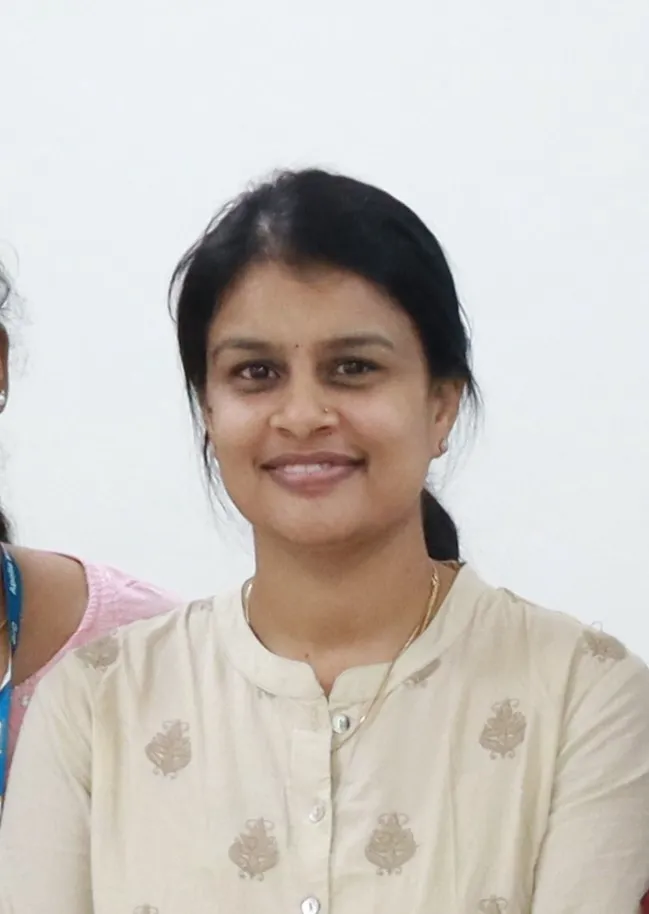
Dr. Devayani R
Consultant,
Department of Emergency Medicine,
Apollo Hospitals, Chennai.
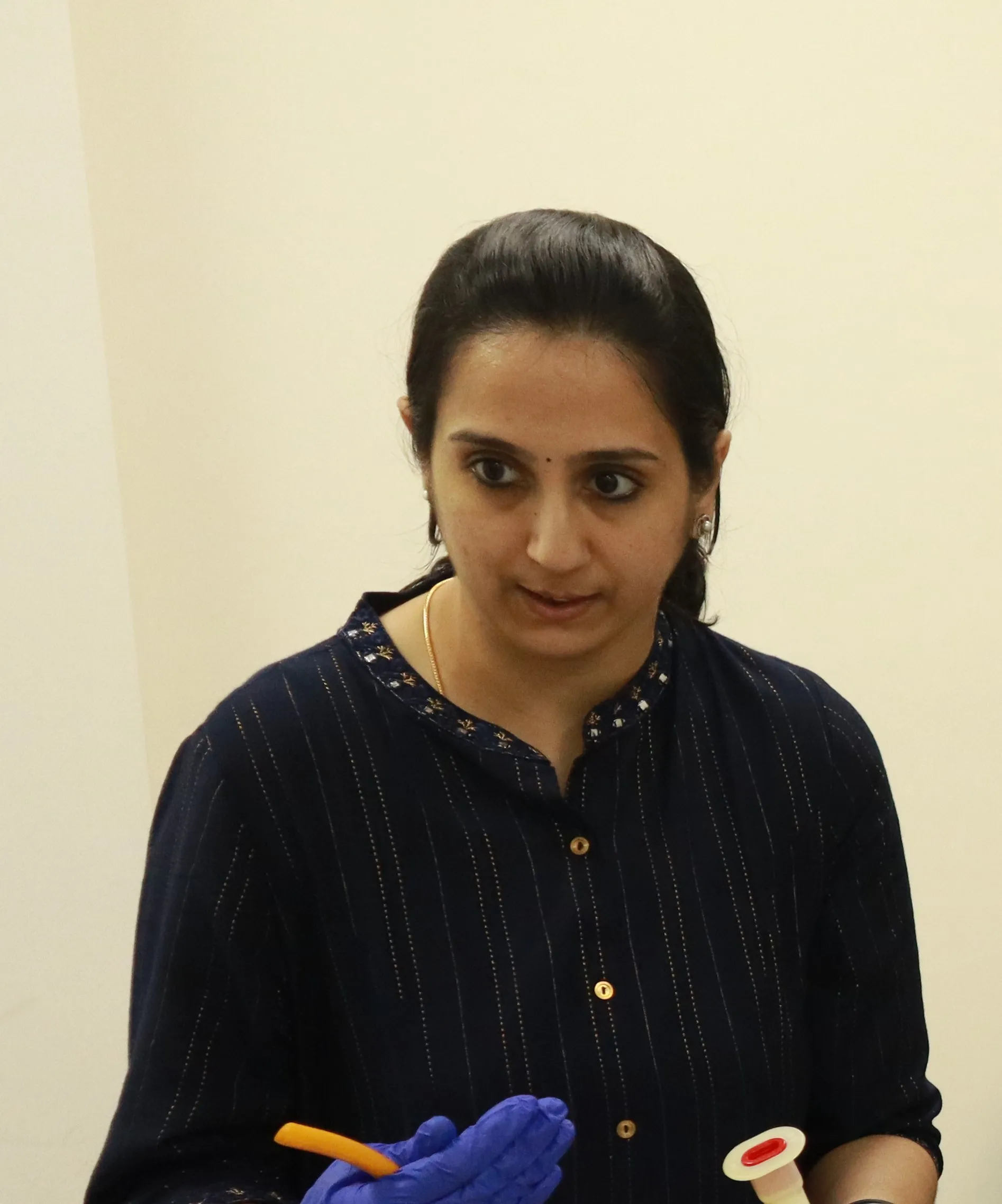
Dr. Madhumitha S
Consultant,
Department of Emergency Medicine,
Apollo Hospitals, Chennai.

Dr. Dinesh Prabhu B
Junior Consultant,
Department of Emergency Medicine,
Apollo Hospitals, Chennai.

Dr. Srinivasan MD
Junior Consultant,
Department of Emergency Medicine,
Apollo Hospitals, Chennai.

Dr. Pavithra Raghavan
Junior Consultant,
Department of Emergency Medicine,
Apollo Hospitals, Chennai.

Dr. Selvakumar CV
Consultant,
Department of Emergency Medicine,
Apollo Hospitals, Chennai.
Why ASC
- Unparalleled Technological Infrastructure
- Expert Faculty with Real World Experience
- Innovative Learning Methodologies
- Comprehensive Curriculum
- Learner faculty ratio and learner manikin ratio is well maintained

The Apollo Simulation Centre (ASC) is a medical simulation teaching and training institute located at the Apollo Vanagaram campus.
Location
Contact Info
64, Vanagaram to Ambattur, Yadaval Street, Off Poonamallee High Road, Vanagaram, Chennai-600095, Tamil Nadu
sales@apollosimulation.com help@apollosimulation.com
Copyright © 2024 Apollo Simulation Centre. All Rights Reserved.

